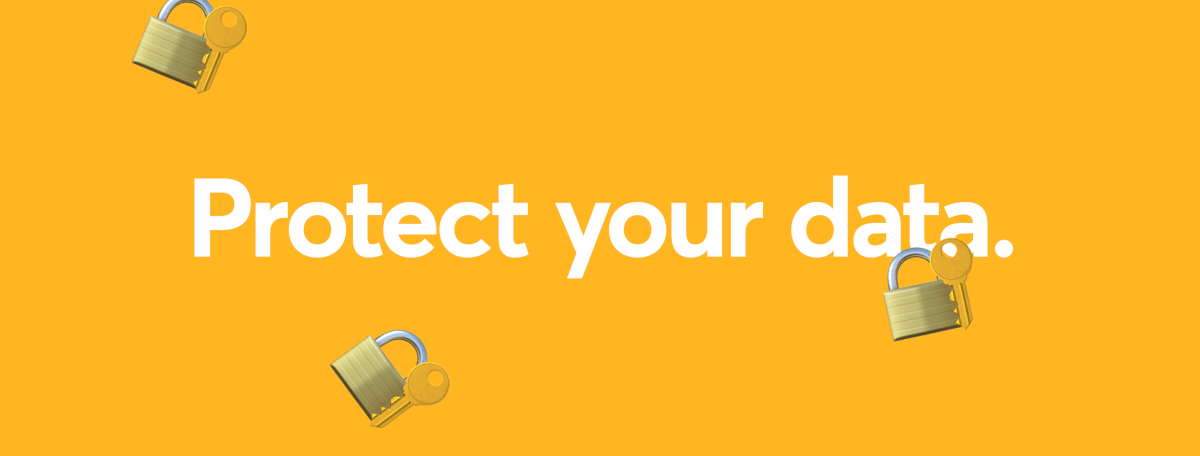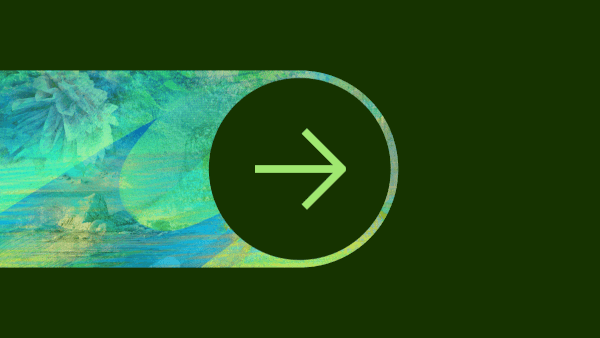Europeans have a €30 billion problem
From holidaymakers, students funding their student loans, people sending money to support loved ones back home, to small businesses working with overseas...

During this unprecedented crisis, many of us are concerned about what will happen next, and the safety of our loved ones. But sadly, some scammers see this as an opportunity — to steal people’s money, personal information, and financial details.
Here at Wise, we’re already working hard to move your money as securely as always; but we also want to help you keep it (and yourself) safe.
So here are a few tips on how to look out for COVID-19, or coronavirus scams:
A lot of us are concerned with the health implications of contracting coronavirus. With so many medical supplies running out of stock, many of us will be tempted to purchase goods advertised on the internet — such as face masks, hand sanitisers, or overpromising health supplements such as Silver iron, and medicines such as chloroquine.
You must be cautious of sellers who advertise such products and make unsubstantiated claims about their health benefits. The majority of these online shops will be selling substandard, counterfeit, and sometimes dangerous products that could be harmful. Some will even outright defraud you by asking you to send money directly to their accounts, and then disappear, taking your money with them and leaving you without any goods.
If you must, always purchase health supplements, supplies, or medicines from a reputable pharmacy or a well-known and trusted website or app.
You’ve probably already received a lot of communication related to coronavirus from government agencies, restaurants, beauty salons, charities, banks, community organisations, and others. But watch out for who is really contacting you.
Scammers have been impersonating government officials to offer financial assistance or tax relief. Others have posed as charities collecting donations for vulnerable members of society. Some have even asked for donations to fund research for a vaccine on behalf of the World Health Organisation (WHO) and the US Centers for Disease Control and Prevention (CDC).
There are some simple steps you can take to make sure you don’t fall for a scam:
Don’t provide any sensitive information , such as passwords or PIN numbers, to individuals posing as your bank, building society, or Tax official. They might come under the guise of helping you receive financial assistance, or asking for a donation, but remember — such institutions will never ask you to disclose such information.
Look out for anyone who comes to your door pretending to be a government official or charity worker. Always ask for an identification document and where possible, ring the official number to confirm their employment.
If you’re contacted online, always check any requests for information on official websites or original correspondence you’ve previously received. You can also check up on the organisation or individual directly, using a number from their official website.
Be on the lookout for unsolicited emails or texts that contain links or attachments. Don’t click on any links or attachments in such messages, related to coronavirus and otherwise, as a general rule. Some will appear to be sent by reputable organisations such as the WHO, the United Nations (UN) or other international organisations. But in reality, they are, phishing scams urging people to click on a link or open an attachment that contains malicious software that gains access to your personal data.
Many of us have had travel plans cancelled due to the ongoing crisis. Fraudsters might try to take advantage of this by trying to trick you into thinking that you're entitled to compensation, or that they can help you recover lost money. Some might offer you a loan to tide you over.
Here’s the obvious red flag. They'll ask you to pay a fee upfront to cover admin and processing costs. Of course, these will not be actual fees, and the fraudsters will quickly disappear with your money.
Stay alert: If it sounds too good to be true, it probably is. Always process any insurance or compensation claims directly with the provider.
Other scammers might pretend to be a representative of your bank or building society and urge you to move your money to a “safe" account to prevent losing it in case of an economic downturn.
But remember, no legitimate financial institution will ever ask you to move money into another “safe” account.
The threat of job loss and of an economic downturn is adding to everyone's worries. Watch out for anyone offering a job that promises easy cash and only requires you to move money between different accounts (including your Wise account) and keep a percentage of the money for yourself.
This is called money muling and it’s illegal. Although it looks like a harmless way to make easy money, the consequences will be far reaching for you. This might include prosecution for Money Laundering, which could lead to imprisonment, a fine or both.
You'd also be assisting criminals in laundering money through your account and helping organised crime thrive.
No matter how tempting, don't agree to this.
We have covered scams that are related to coronavirus but you can read more about how to spot other types of scams.
You can also read our FAQ on what to do if you think you've been the victim of a scam.
We ask you to remain vigilant as you try and keep yourself and your loved ones safe.
If you think you’ve been a potential scam target or a victim of a scam, get in touch with your local police or fraud prevention agency, such as Action Fraud in the UK, and USA.gov in the US.
At Wise, we’re working hard to keep your money safe, so help us keep your finances safe too.
*Please see terms of use and product availability for your region or visit Wise fees and pricing for the most up to date pricing and fee information.
This publication is provided for general information purposes and does not constitute legal, tax or other professional advice from Wise Payments Limited or its subsidiaries and its affiliates, and it is not intended as a substitute for obtaining advice from a financial advisor or any other professional.
We make no representations, warranties or guarantees, whether expressed or implied, that the content in the publication is accurate, complete or up to date.

From holidaymakers, students funding their student loans, people sending money to support loved ones back home, to small businesses working with overseas...

Discover how Wise outperforms 5 major New Zealand banks, PayPal, and Western Union, offering savings of up to 6x on international transactions.

Discover how Wise compares to major banks and money transfer services, saving you up to 4x on international transactions.

Discover how Wise compares to 5 major Japanese banks and Revolut, offering savings of up to 6x on international transactions.

Detailed research by Wise reveals substantial savings compared to Singapore banks and services like Instarem, Revolut, and Youtrip by EZ link.

Our average price stayed at 0.67% in Q4 2023. Overall, this quarter we 😞Increased fees on sending USD to countries outside the USA when using the SWIFT...